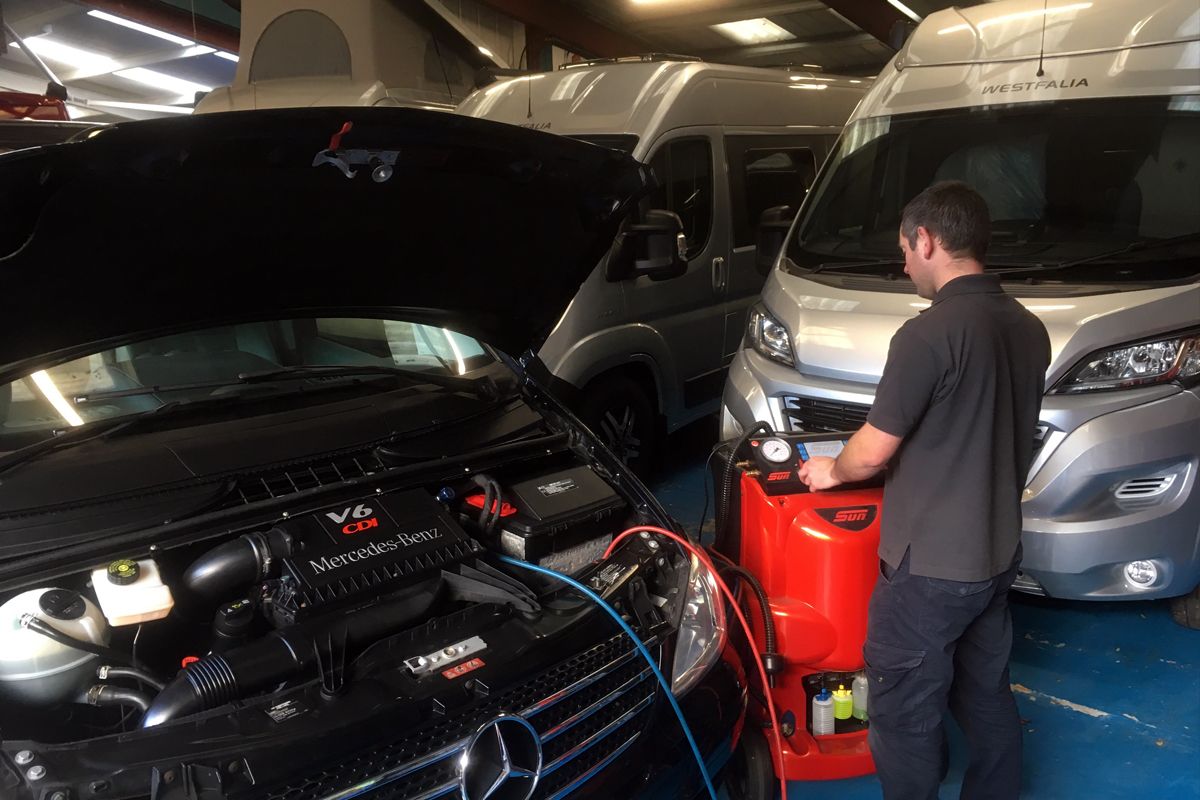I don't check mine. The rubber tubes could degrade, but they are not in daylight at all or exposed to heat. I think the design of the bottle inside the water tank with the black lid screwed tight and the bottle regulator closed, with the drain hole to outside of the van feels quite clever and foolproof design.
Finally I remember a conversation I had with a T4 Westfalia owning friend, when I was worried about gas leaking possibilities and our baby asleep in the back. He said the gas isn't poisonous as such and would only kill you if there was so much escaping that there wasn't any air to breathe.
I am fully prepared to be called an idiot and am not advising anyone do the same. Owned the van 13 years. I have just looked at the Campersales prices. Seem reasonable. I would be interested in knowing what from above is incorrect/stupid/possibly lethal.
















